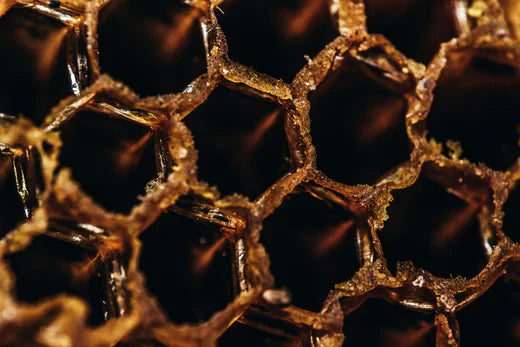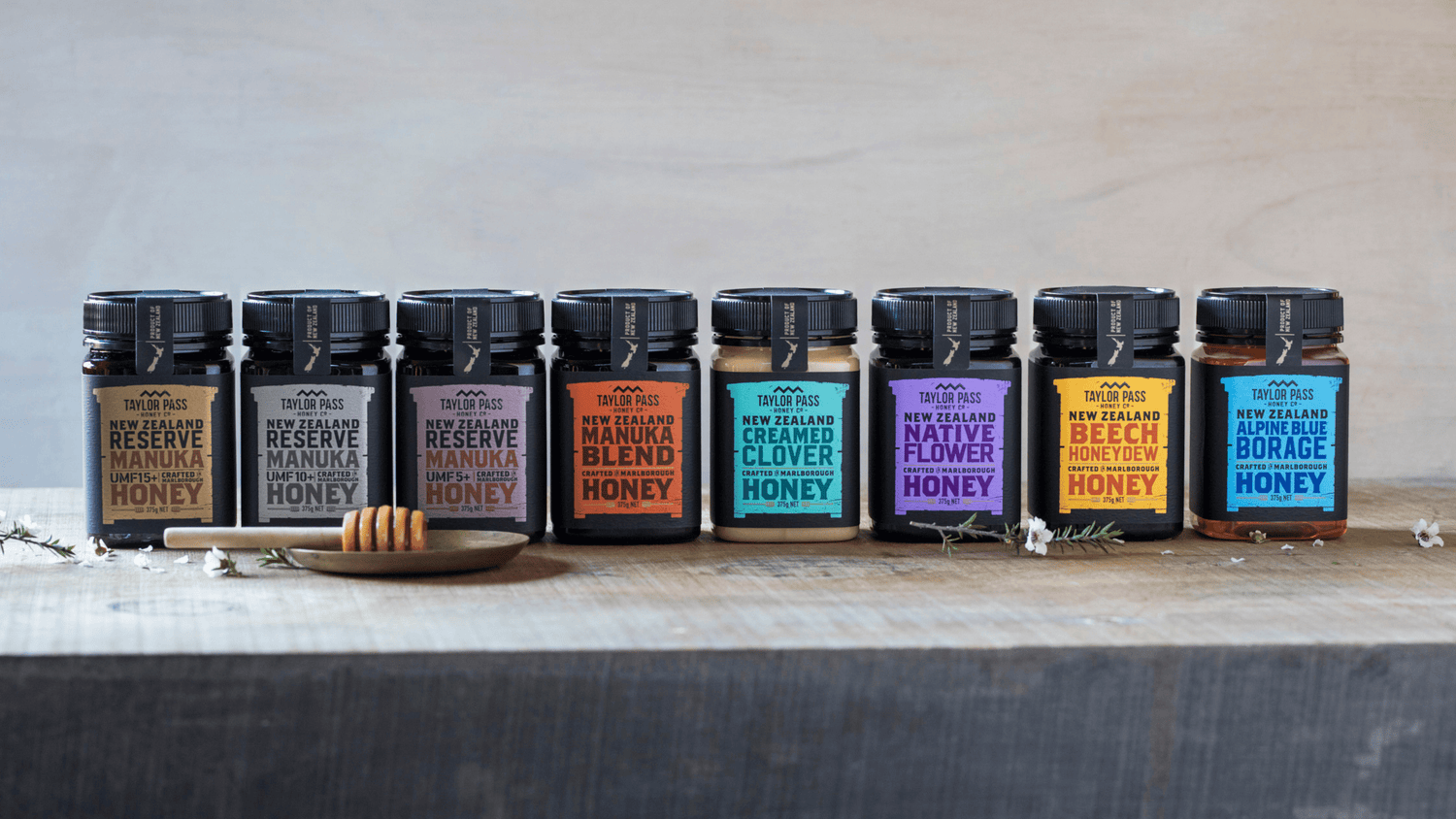Understanding Honey Sugar Content
Honey, the golden nectar celebrated for its health benefits, has captivated human taste buds for centuries. Honey is a complex mixture of sugars, and understanding its sugar content is a key to unlocking the nuances of flavour, sweetness, and nutritional benefits. In this blog, we will unravel the intricate details of honey sugar content, examining the types of sugars present and their nutritional implications.

Types of Sugars in Honey
At the heart of honey's sweetness lie two primary sugars: glucose and fructose. These natural sugars give honey its distinctive taste and contribute to its nutritional profile. The ratio of glucose to fructose varies across different honey varieties, influencing their flavour and texture.
- Glucose: As a simple sugar, glucose provides a quick and readily available source of energy. It is easily absorbed by the body, making honey an ideal natural energy booster.
- Fructose: Another simple sugar found in honey, fructose is sweeter than glucose and offers sustained energy. Its slower impact on blood sugar levels makes honey a favourable option for those seeking a natural sweetener with potential health benefits.
Understanding Glycemic Index
For health-conscious individuals, the glycemic index (GI) of honey is a crucial factor to consider. Honey contains approximately 80% carbohydrates, with fructose and glucose being the most abundant. Although honey can raise blood sugar quickly, it is still a better choice than regular sugar. The National Library of Medicine found that, due to its high content of fructose, honey is a suitable natural sweetener for patients with type 2 diabetes.

Nutritional Implications
While honey does contain sugars, it is not a mere sweetener; it is a complex and nutrient-rich substance with several health-promoting components:
- Antioxidants: Honey is rich in antioxidants, which play a crucial role in combating oxidative stress. These compounds contribute to the overall well-being of the body by neutralising free radicals.
- Enzymes: Natural enzymes present in honey contribute to its antibacterial properties. Bees add enzymes to the nectar during the honey-making process, enhancing its shelf life and offering potential health benefits.
- Vitamins and Minerals: Honey contains small amounts of essential vitamins and minerals, including vitamin C, calcium, and potassium. While not a significant source of these nutrients, honey adds a nutritional boost to your diet.
Taylor Pass Honey's Nutritional Profile
When choosing honey, purity is paramount. At Taylor Pass Honey, we pride ourselves on delivering a pure and unadulterated product. Our Mānuka honey offers more than just a delightful flavour, it is a nutritional powerhouse packed with antioxidants, vitamins and minerals. From immune system support to promoting skin health, the nutritional benefits of Mānuka honey make it a valuable addition to your daily diet.

When we embrace honey as a natural and diverse sweetener, we celebrate not only its flavour but also its role in a holistic approach to health and sustainability. In our journey through the realms of honey sugar content, we have uncovered the intricate balance of glucose and fructose, the nutritional richness of honey, and the potential health benefits it offers. Armed with knowledge from reputable sources, we can approach honey consumption with awareness and make choices aligned with our well-being.
Taylor Pass Honey stands out as a beacon of quality and authenticity. Our commitment to sustainable beekeeping practices and uncompromising quality ensures that consumers receive a product that not only tantalises the taste buds but also aligns with ethical and environmental values. Next time you drizzle Taylor Pass Honey over your favourite dish or stir it into your tea, savour not only the sweetness but also the intricate tapestry of sugars that make this honey a truly exceptional choice. Explore all that our honey has to offer at www.taylorpasshoney.co.nz.


